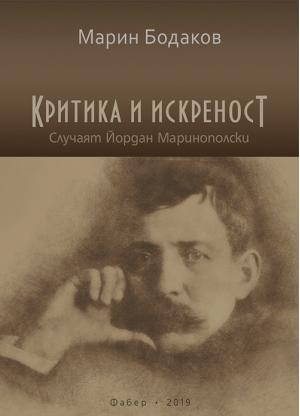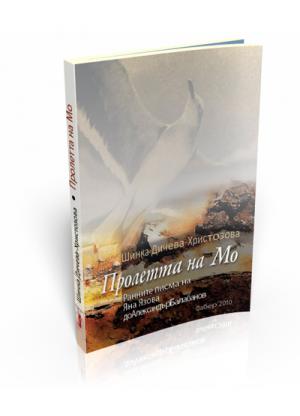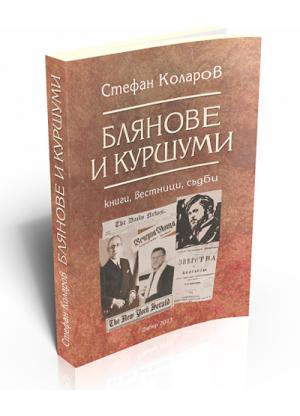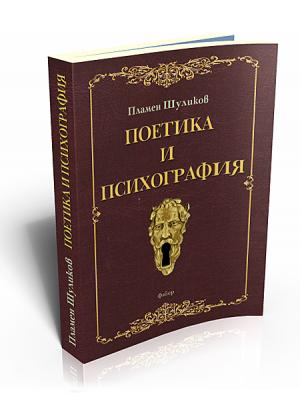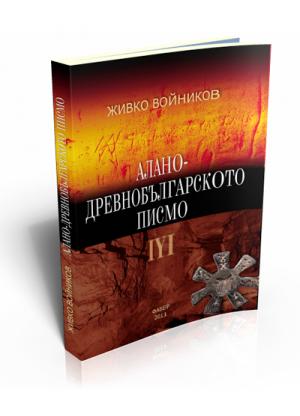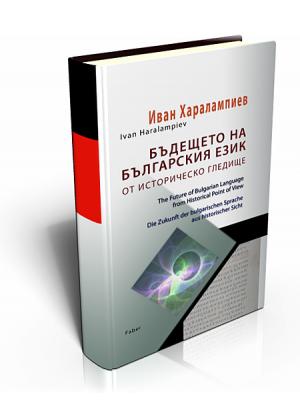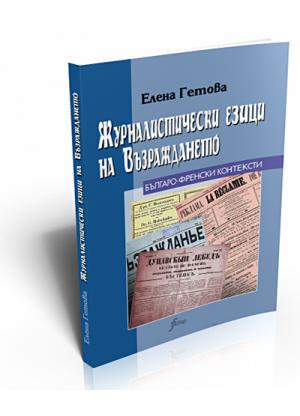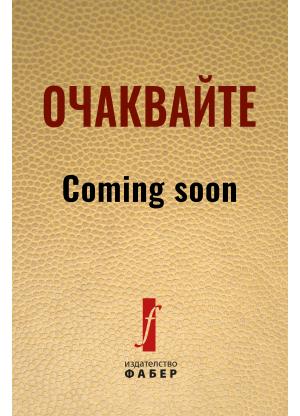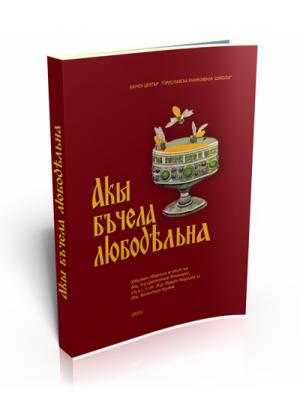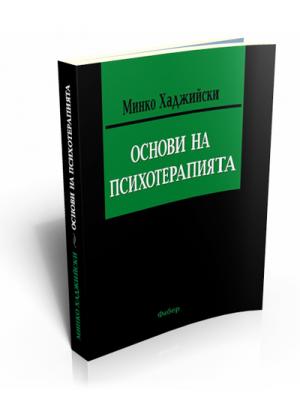
In “Aleksandr Solzhenitsyn: Classics versus Canon” by Vladimir Donev, the author examines different literary strategies and demonstrates the ability of Solzhenitsyn's prose to transform Russian classical literary tradition and achieve a new functionality, thereby destroying the normative aesthetics of the socialist realismof the 1960s and 1970s.
An analysis of Solzhenitsyn’s key works One Day in the Life of Ivan Denisovich and The Gulag Archipelago explores the narrative model through the author’s treatment of work camps and compares it with themes surrounding the katorga in the work of Dostoyevsky.
The comparison between Dostoyevsky’s House of the Dead and Solzhenitsyn’s Gulag Archipelago (Chapter 1 “Narrative model of Solzhenitsyn's treatment of labour camps”) is based on A. Herzen'sincisive categorization of Dostoyevsky's novel in the genre of the carmenhorrendum, the horrifying narration, from nineteenth century Russian literature, recalling the narrative poem Dante's Inferno.
Dostoyevsky's House of the Dead transforms the sense of carmenhorrendum as a genre, giving it a new functionality: the descent into hell as a moral allegory; the exemplum and personal trials in the narrator’s (dairy) confessions and spiritual biography; the sinners’portraits, full of naturalism, emotion and detail with their mix of irony and grotesqueness; the consciousness of the metaphysical aspect of life.
The momentum of Dostoyevsky's genre finds its talented continuation in Solzhenitsyn's prose. The Gulag Archipelago assumes the mantle of the сarmenhorrendum from Russian prose in the second half of the twentieth century.The narrative model for his treatment of work camps develops above the plot of the “frightening book” about the journey to hell, both in Dostoyevsky and Dante.
The memory and documentary tradition encompasses facts, evidence, manifold documents and insights into life in the labour camps, recollections from those who lived through the horror of the Stalinist system, but also legends of prison folklore, tales, ethnographic monographs and their parodies.Genre synthesis produces a comprehensive historical-documentary and moral psychological analysis of the personal tribulations of a generation during a specific historical period from the era of Soviet Russia. Added to this is the author’s polemical thinking, which renders his confession dramatic as he strives to discover the road to salvation for the Soviet people. Seen in this perspective the narrative of The Gulag Archipelago should not be straight jacketed;it must be set in the specific location which the book occupies in the historical poetics of Russian prose in the second half of the twentieth century where Solzhenitsyn has his central presence.
The book investigates the standing of the novel Cancer Ward as part of the author’s work within the prose of 1970s Russia (Chapter 2: “Classics versus Canon”). Solzhenitsyn unmasks the nature of the Soviet regime, delving into its anthropology and the inner being of the twentieth century Russian man – his values and ideological make-up, his mentality, his behavior, and the extent to which he preserves or rejects the Weltanschauung of the nineteenth century world.
The author challenges the fusion of ideology and narrative as an aim and expression of the socialist realism. In Cancer Ward the canon is set off against the classics, their validity and scope of influence upon man is tested. The author finds an appropriate narrative strategy in the polyphonics of the text and the inter-textual dialogue with the Tolstoy’s later stories and Dostoyevsky's novels.
Thetwentieth century becomes Solzhenitsyn's century (Chapter 3: “Solzhenitsyn's Century”). The writer is an analyst of the totalitarian system and historian of the work camps. His name is inscribed with those of the world famous philosophers and writers of the twentieth centurylike Hannah Arendt, Michel Foucault, TzvetanTodorov and VarlamShalamov, all of them painting a horrifying picture of human extermination in totalitarian times.
| Genre | Theory of literature / Linguistics |
| Size | 14,5 х 20 cm |
| Pages | 132 pages |
| Cover | paperback |
| Language | Bulgarian |

 Request for offer
Request for offer 
